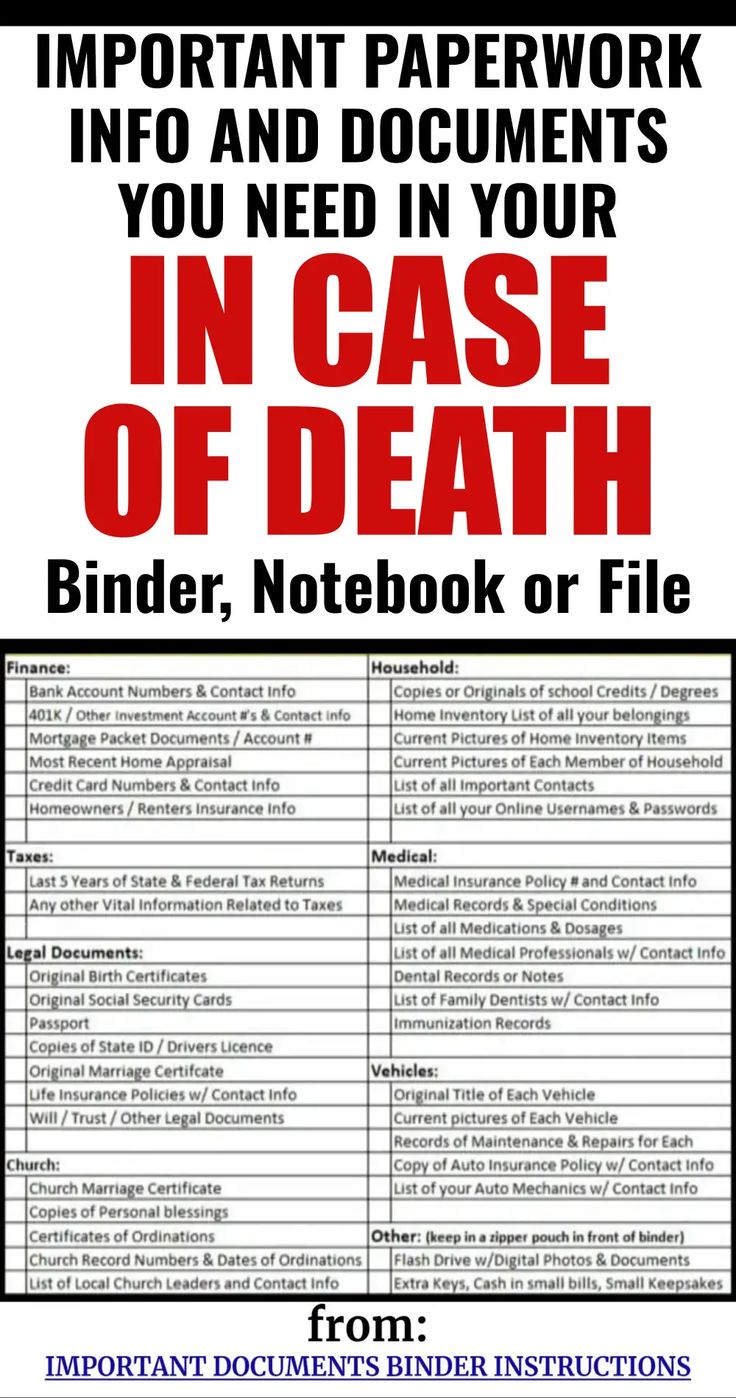How Long to Keep Bankruptcy Paperwork: Essential Tips

The journey through bankruptcy can be overwhelming, but knowing how long to keep bankruptcy paperwork is essential for safeguarding your financial future. Proper documentation management helps in case of audits, legal challenges, or for personal record-keeping. This article delves into the critical aspects of retaining bankruptcy documents, offering insights to ensure you're well-informed and compliant with legal expectations.
Why Keeping Bankruptcy Paperwork is Crucial

Bankruptcy documents serve as crucial evidence of your financial history and legal compliance. Here’s why retaining them is important:
- Proof of Filing: Documents prove that you’ve filed for bankruptcy, which can be necessary for future credit applications or legal disputes.
- Legal Protection: Keeping records can protect against fraudulent actions or claims that might arise years after filing.
- Credit Reporting: Bankruptcy affects your credit score. Accurate documentation can help you explain credit inquiries or resolve errors with credit bureaus.
- Tax Compliance: Bankruptcy often impacts your tax obligations, and keeping documents ensures you meet those requirements.
How Long to Keep Bankruptcy Paperwork

The general recommendation is to keep bankruptcy documents for a minimum of seven years. Here’s a breakdown of what this entails:
| Document Type | Recommended Retention Period |
|---|---|
| Petition and Schedules | Indefinitely |
| Discharge Order | Indefinitely |
| Court Order Notices | Indefinitely |
| Meeting of Creditors Notice | 7 years |
| Financial Management Course Certificates | 7 years |
| Credit Counseling Course Certificates | 7 years |
| Tax Returns related to Bankruptcy | 7 years after filing |
| Trustee Reports | 7 years |

⚠️ Note: Keep documents indefinitely if related to any legal issues or claims post-filing.
Steps to Organize and Store Bankruptcy Paperwork

Organizing and securely storing your bankruptcy documents can streamline your record-keeping:
- Create a Digital Archive: Scan important documents into a secure digital format.
- Use Physical Storage: Keep physical copies in a fireproof safe or safety deposit box.
- Label and Categorize: Organize documents by type, date, and relevance.
- Regular Review: Check for any updates or expirations of documents at least once a year.
- Backups: Ensure you have multiple backups of digital documents, including cloud storage and external hard drives.
Dealing with Sensitive Information

Bankruptcy paperwork contains sensitive personal and financial data, which necessitates careful handling:
- Secure Access: Keep documents in a secure place or use password-protected digital files.
- Shredding: Once the retention period has passed, shred or securely dispose of documents to prevent identity theft.
- Third-Party Access: Restrict access to bankruptcy documents unless necessary, and ensure your attorney or financial advisor has secure access.
In conclusion, maintaining proper records of your bankruptcy is more than a legal obligation; it's a proactive step toward securing your financial future. By adhering to the recommended retention periods and ensuring secure storage, you protect yourself from future legal or financial disputes and enhance your ability to manage your financial recovery effectively.
Can I get rid of bankruptcy documents after the 7-year retention period?

+
Generally, yes, but keep documents indefinitely if related to ongoing legal issues or specific claims.
What if I lose my bankruptcy documents?

+
Contact the bankruptcy court or your attorney to request copies or records of your filings. Some documents can also be retrieved from online court databases.
Does bankruptcy paperwork affect future loans or credit applications?

+
Yes, it can impact your creditworthiness. Having well-organized records can help explain your financial history to creditors.
How can I secure my digital copies of bankruptcy documents?

+
Use password protection, encryption, and secure cloud storage services. Regularly backup files to different locations for added security.



